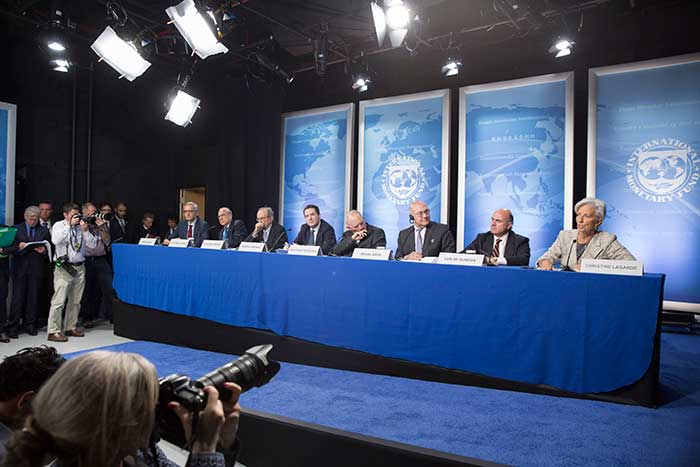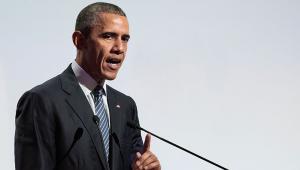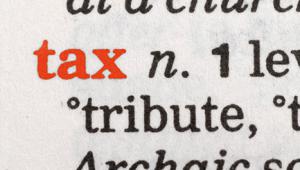web26407522026_f214441ae9_o.jpg

European finance ministers announcing the tax information exchange initiative at the World Bank-IMF Spring Meetings yesterday. Credit: IMF staff photo/Stephen Jaffe.
Enforcement agencies in the UK, France, Germany, Spain and Italy will now automatically share information about the true owners of secretive overseas shell companies and trusts after the more than 11 million documents leaked from the Mossack Fonseca law firm exposed how the world’s rich and powerful use them to cheat the taxman.
UK chancellor George Osborne announced the deal with his four European counterparts at this week’s Spring Meetings of the World Bank and International Monetary Fund in Washington DC.
He said the measures mark “another hammer blow against those who hide their illegal tax evasion in the dark corners of the financial system”.
The UK Treasury said the deal will make it more difficult for firms to dodge tax or funnel corrupt funds and allow for more effective investigation into financial wrongdoing.
The UK government has announced that it will make its register of beneficial ownership publicly available and easily accessed and searched, and is reported to be pushing the remaining four signatories to follow suit.
However the deal will only extend to trusts that “generate tax consequence” – a feature the other finance ministers are said to have contested and one that tax campaigners believe is likely to exclude many trusts which are purposely structured to avoid this.
On the other hand, the new arrangement should also allay some pressures on the UK chancellor from other world leaders who hold Britain responsible for the conduct of its overseas territories, several of which boast to the world’s wealthy companies and individuals about the secrecy they can offer.
Some of the world’s most well known tax havens are British overseas territories, including the British Virgin Islands, which was one of the most popular tax havens used by Mossack Fonseca’s clients.
Such details might run counter to Osborne’s claim that Britain is leading the world in the fight for tax transparency, but the UK is nevertheless doing more than countries like the US, which resist openness to protect the secrecy offered by states like Delaware.
Russia and China are also unlikely to support the measures, which were outlined in a joint letter from the five European finance ministers to the rest of the G20 in hopes of persuading them to join the deal.
It said: “In our view, this new initiative will take a significant step forward in improving the transparency of beneficial ownership information and in removing the veil of secrecy under which criminals operate.
“Of course, to be fully effective such an exchange would be on a global basis. We therefore hope that you will support this initiative and we can collectively call on the OECD, in cooperation with the Financial Action Task Force, to draw up a new global standard for such an exchange.”
The letter also called for the development of a system of interlinked beneficial ownership registries and a mandate for the OECD and FATF, an inter-governmental organisation focused on combating money laundering, to develop common international standards for this.
The OECD’s general secretary Angel Gurría agreed that tax transparency standards need to be effectively implemented worldwide, with no exceptions. There should be “nowhere left to hide”, he said.
His comments came followed an OECD report delivered to G20 finance ministers at the Spring Meetings that highlighted that a number of jurisdictions, such as Panama, had failed to properly implement an agreement on exchanging tax information first agreed in 2009 or refused to commit to the new standard for automatic information exchange scheduled to start in 2017-18.
Meanwhile, British business leaders have come out in support of today’s announcement, with the CBI backing the creation of a public register on beneficial ownership.
Rain Newton-Smith, the CBI’s director of economics, said tax authorities the world need full and meaningful access to these registers, and that they need to be properly maintained and verified.
And according to Bloomberg reports, French finance minister Michel Sapin said if the world does everything set out in yesterday’s letter “opacity will be finished”.













